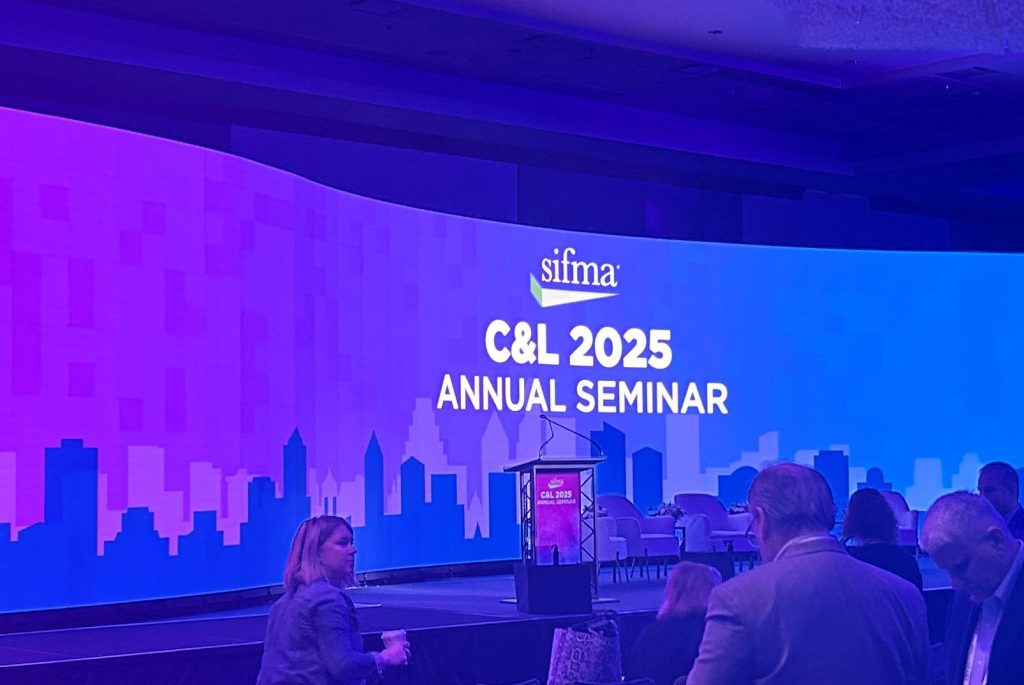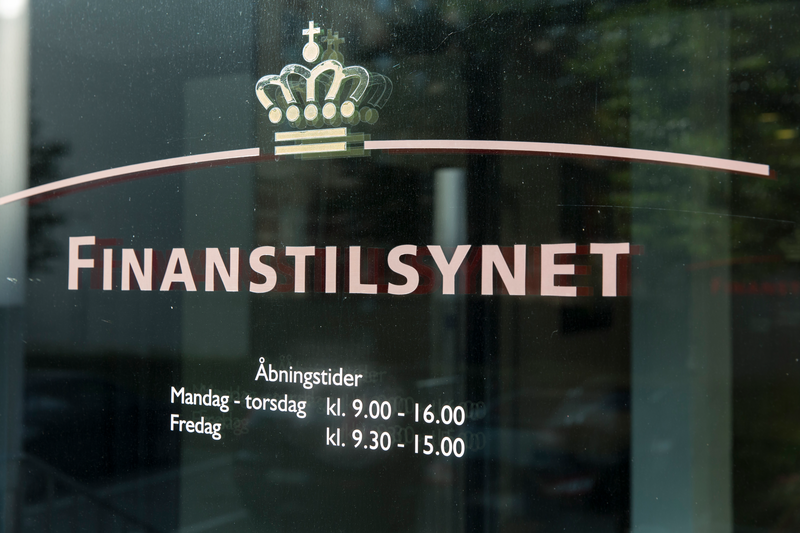10 October, 2022 by Cynthia O’Murchu in Paris and Robert Smith in London
France’s financial regulator is seeking to fine H2O Asset Management a record €75mn and ban its chief executive from the investment industry for a decade over the asset manager’s extensive investments in illiquid bonds tied to German financier Lars Windhorst.
The Autorité des Marchés Financiers set out its recommendations against the once high-flying asset manager at a hearing on Friday in a case centred on H2O’s allegedly unauthorised investments in securities linked to Windhorst.
Alongside a €75mn fine for H2O, an official from the AMF also recommended banning Bruno Crastes, the firm’s co-founder and chief executive, from managing funds. The regulator is also seeking to levy a €15mn fine on Crastes, as well as a €3mn penalty for the asset manager’s chief investment officer Vincent Chailley.
At the hearing of the French regulator’s enforcement committee, an AMF official alleged there had been “grave deficiencies” in H2O’s investment process, arguing that the firm was not authorised to invest in such illiquid bonds in funds open to daily withdrawals from retail investors.
The regulator’s recommendations come more than three years after the Financial Times exposed the scale of the firm’s outsized bet on Windhorst in 2019.
Windhorst, a flamboyant financier who turned 46 this week, made his name in the mid-1990s as a teenage entrepreneur and was hailed as a wunderkind by then German chancellor Helmut Kohl. By the time he was 34, however, he had weathered the collapse of two companies, personal bankruptcy and a suspended jail sentence for “breach of trust”.
In 2020, H2O was forced to temporarily halt redemptions on its core funds after the AMF raised concerns about its investments linked to the financier. Two years later, investors’ money is still stuck in the so-called side pockets H2O set up to house €1.6bn of these hard-to-sell assets.
Once a well-respected money manager that oversaw €30bn of assets, H2O has lurched from crisis to crisis since the FT revealed the scale of its ties to Windhorst. French bank Natixis, which formerly owned a majority stake in the firm, completed a long-delayed deal to cut ties with its scandal-plagued subsidiary earlier this year.
The regulator on Friday also took aim at a series of “buy and sell back” trades H2O engaged in after the FT’s initial report, which shuffled its exposure to the troublesome bonds. The AMF official argued that these sorts of transactions — sometimes referred to as “reverse repo” trades — can only be carried out on highly liquid securities and that the valuations underpinning the deals were unreliable.
The sum AMF is seeking from H2O would exceed any previous fines it has levied, eclipsing the €32mn penalty handed down to investment manager Amundi last year. The scale of the fines would also dwarf the provisions that H2O has so far disclosed for the case. In its 2021 accounts, the firm revealed that it last year booked an £890,000 provision in relation to one of its regulatory probes.
The recommendations were made to the AMF’s enforcement committee, an independent panel of judges and investment professionals.
H2O and its two co-founders defended themselves at the hearing, with a representative of the firm describing the proposed fines as “disproportionate”.
Crastes told the committee that “everything was done in the interests of investors” and noted that he also had significant amount of his personal wealth invested in H2O’s funds. The AMF is expected to issue the final penalties in the coming weeks.
H2O is also under investigation from the UK’s Financial Conduct Authority. The firm disclosed in its 2021 accounts that it has not yet booked a provision in relation to an FCA probe for “alleged non-compliance” with several of the regulator’s principles.
German authorities are in the process of investigating whether Windhorst breached the country’s banking law when he tried to raise money to repay H2O through a new investment vehicle in 2020. Windhorst denies wrongdoing.
© The Financial Times Limited 2022. All Rights Reserved.
FT and Financial Times are trademarks of the Financial Times
Ltd. Not to be redistributed, copied or modified in any way.













